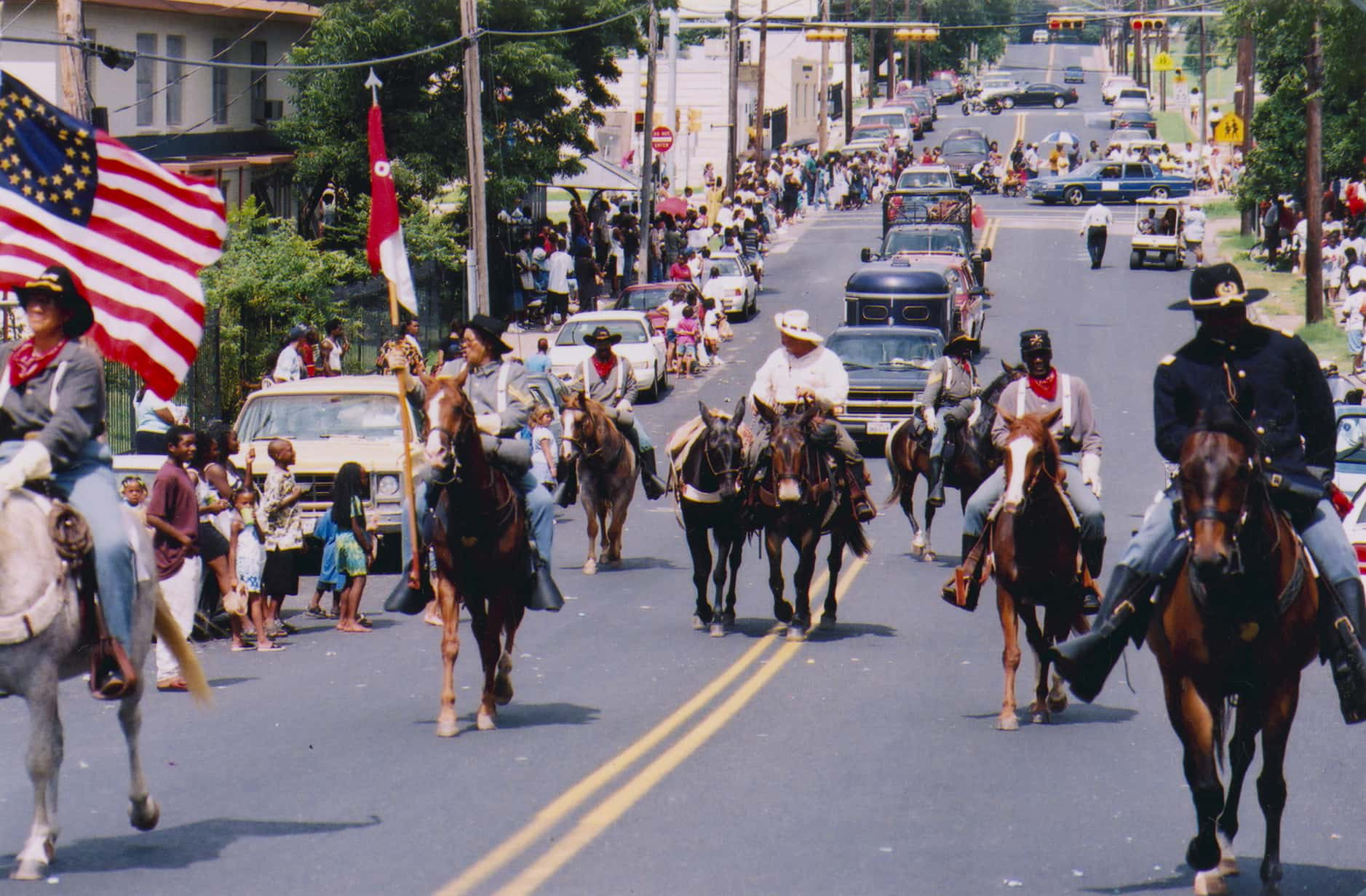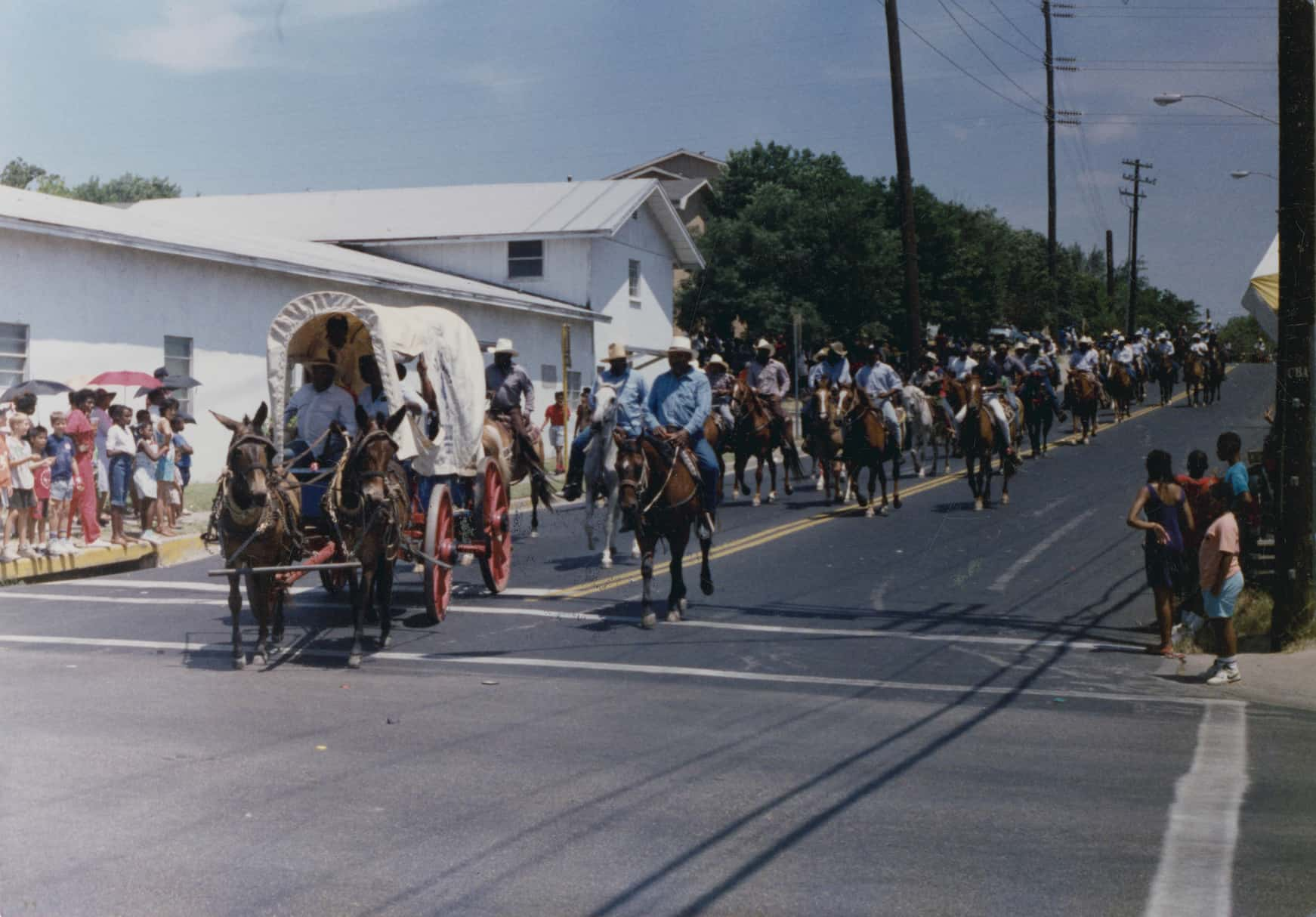Juneteenth Celebration
1900 Rosewood Ave, Austin, TX 78702


Juneteenth commemorates the end of formal slavery in Texas on June 19, 1865, two and a half years after President Abraham Lincoln signed the Emancipation Proclamation on January 1, 1863, and more than one month following the end of the American Civil War. Colloquially known as “The Black 4th of July,” Juneteenth marks the beginning of an African American journey to carve a new place in society for free people to shape identities independent of racial caricature, eradicate “slave culture, promote ethnic pride, and create economic prosperity.”
Austin’s earliest Juneteenth celebrations were held at Wheeler’s Grove, now called Eastwoods Park, located northeast and adjacent to the University of Texas at Austin. Some time later, Thomas J. White, a former slave, had the idea that Juneteenth should be held on land owned by black citizens themselves. He founded the Emancipation Park Association in 1905, which finalized the acquisition of a 5-acre tract close to Rosewood Avenue and Chicon Street years later.
About 30 years after the purchase of Emancipation Park, the city of Austin seized the land via eminent domain. It would later become the site of Rosewood Courts, the town’s public housing project, which at the time served African-Americans. The site of Emancipation Park has been relocated numerous times: from Wheeler’s Grove to the assets bought through White’s affiliation and later to Rosewood Park, where Juneteenth celebrations are held today.
The Buffalo Soldiers comprised one of the most interesting military aggregations in post-war Texas. On July 28, 1866, the U.S. Congress authorized six regiments of black troops – two of cavalry and four of infantry – to be added to the U.S. Army. The nickname "Buffalo Soldiers" was given by American Indians, who thought that the tightly curled hair of the black soldiers resembled the curly hair on a bison's face. Since the bison was revered by the American Indians, the nickname was considered a term of respect, and the Buffalo Soldiers proudly featured a bison on their regimental crest.
Collective memory archive
The textual content description furnished above comes from the following web sites that offer insights about factual information.